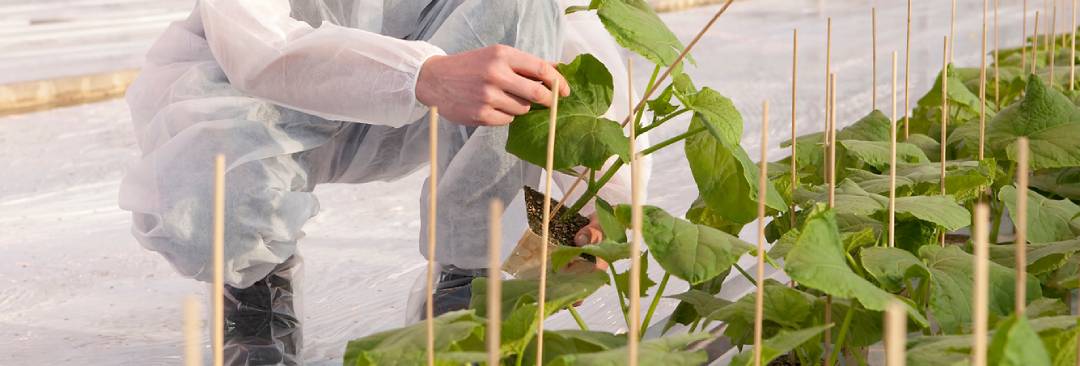To meet the criteria for the outlined horticulture qualification through Recognition of Prior Learning (RPL), it's crucial to have a minimum of 2 years of relevant industry experience. Here are the key points regarding this experience requirement:
- Relevant Industry Experience: Applicants should have a minimum of 2 years of experience in the horticulture industry. This experience should encompass a diverse range of horticultural tasks and activities relevant to the field.
- Working with a Licensed Professional: The experience should be gained while working under the guidance and supervision of a licensed horticulture professional or expert. This ensures that the individual receives proper training, mentorship, and exposure to industry best practices.
- Active Involvement in Horticultural Tasks: The experience should involve active participation in various horticultural tasks, such as plant care, landscaping, pest and disease management, irrigation system operation, soil improvement, pruning, and other relevant activities.
- Practical Experience Emphasis: The emphasis is on practical experience, where the applicant gains hands-on skills and knowledge through real-world horticultural activities. This practical exposure is essential for developing competency and understanding within the horticulture trade.
- Diverse Range of Tasks: The experience should cover a broad spectrum of horticultural tasks to demonstrate versatility and competence across different aspects of horticulture, including plant maintenance, landscape design, garden management, and environmental stewardship.
By meeting these experience criteria and documenting the practical skills and knowledge acquired during the tenure of horticultural work under a licensed professional, individuals can successfully qualify for the horticulture certification through Recognition of Prior Learning (RPL).

